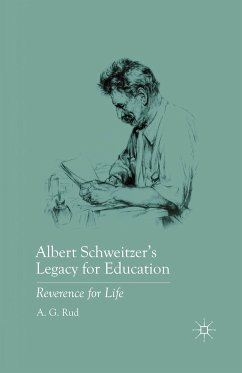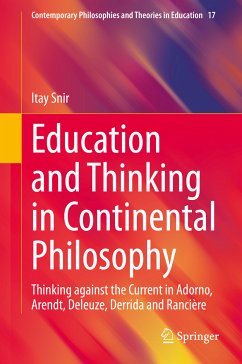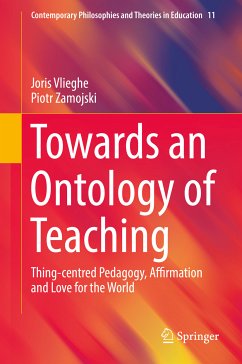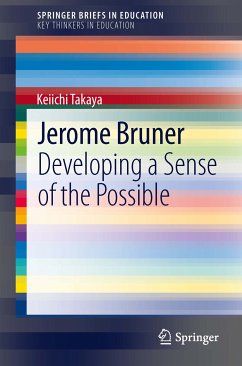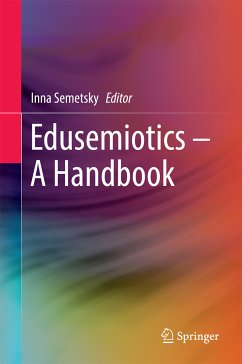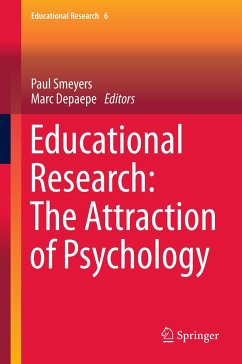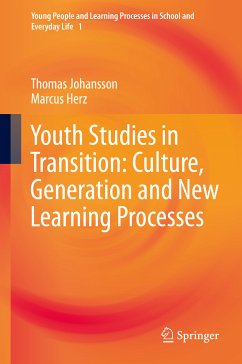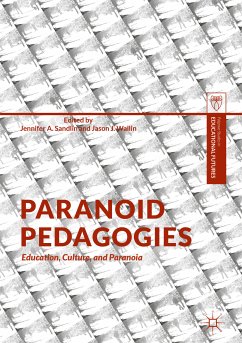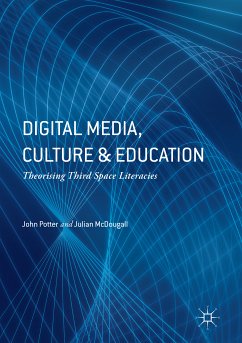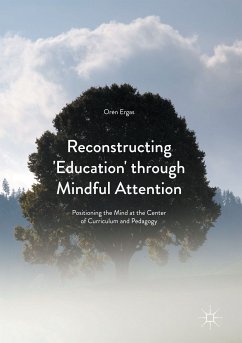
Reconstructing 'Education' through Mindful Attention (eBook, PDF)
Positioning the Mind at the Center of Curriculum and Pedagogy
Versandkostenfrei!
Sofort per Download lieferbar
30,95 €
inkl. MwSt.
Weitere Ausgaben:

PAYBACK Punkte
15 °P sammeln!
This book reconstructs the idea and practice of education. Rather than conceiving of education as a process we undergo in which our minds are shaped by a social vision, Oren Ergas turns this notion of education on its head, arguing instead that we ourselves construct education. The multitude of problems with formal education and schooling, such as violence, inequality, and low achievements, are then seen as reflections of problems of the mind, meaning that close study of the mind is necessary if these problems are to be successfully tackled. Through philosophy, neuroscience and psychology, thi...
This book reconstructs the idea and practice of education. Rather than conceiving of education as a process we undergo in which our minds are shaped by a social vision, Oren Ergas turns this notion of education on its head, arguing instead that we ourselves construct education. The multitude of problems with formal education and schooling, such as violence, inequality, and low achievements, are then seen as reflections of problems of the mind, meaning that close study of the mind is necessary if these problems are to be successfully tackled. Through philosophy, neuroscience and psychology, this book proposes a new perspective on 'educational' theory, practice and research. It will be of great interest to students and teachers, scholars of education, and educational policy-makers.
Dieser Download kann aus rechtlichen Gründen nur mit Rechnungsadresse in A, B, BG, CY, CZ, D, DK, EW, E, FIN, F, GR, HR, H, IRL, I, LT, L, LR, M, NL, PL, P, R, S, SLO, SK ausgeliefert werden.



